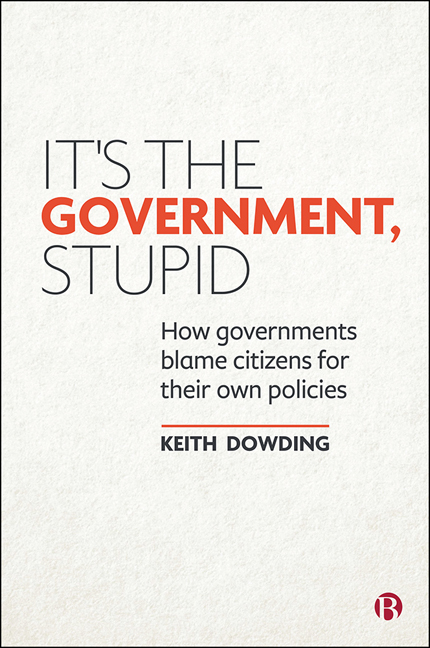5 - Problem Gambling
Published online by Cambridge University Press: 10 March 2021
Summary
Most people gamble – or at least like to have the occasional flutter – and gambling is a problem for a relatively small percentage of them. In the US, around 80 per cent of the population are estimated to gamble at least once a year, while problem gambling is estimated to affect only about 3–5 per cent. Australia has more of a gambling culture than the US or the UK. While some estimates put the problem in Australia at a higher level than in the US (5–7 per cent), most studies suggest problem gambling is much lower: 0.5–2 per cent, with a further 2 per cent at some risk of developing a problem.
The variation in these estimates is due to the different sources they come from. Some figures arise from surveys where gamblers fill in questionnaires about their habits. Their answers are assessed to judge whether they have a problem or not – but the questions might be weighted in different ways. For example, the US Diagnostic and Statistical Manual of Mental Disorders defines pathological gambling as the ‘chronic inability to refrain from gambling to an extent that causes serious disruption to core life aspects such as career, health and family’. If someone agrees with five or more of the following statements, they are defined as a pathological gambler:
You have often gambled longer than you had planned.
You have often gambled until your last dollar was gone.
Thoughts of gambling have caused you to lose sleep.
You have used your income or savings to gamble while letting bills go unpaid.
You have made repeated, unsuccessful attempts to stop gambling.
You have broken the law or considered breaking the law to finance your gambling.
You have borrowed money to finance your gambling.
You have felt depressed or suicidal because of your gambling losses.
You have been remorseful after gambling.
You have gambled to get money to meet your financial obligations.
However, people might be considered to have problems with gambling even if they do not admit to five of these statements. For that reason, some make a distinction between ‘problem gambling’ – seen as a pathological condition – and ‘gambling problems’, where gambling has led to troubles within one's household.
- Type
- Chapter
- Information
- It's the Government, StupidHow Governments Blame Citizens for Their Own Policies, pp. 91 - 112Publisher: Bristol University PressPrint publication year: 2020



